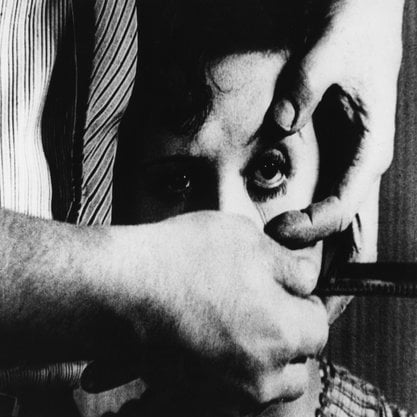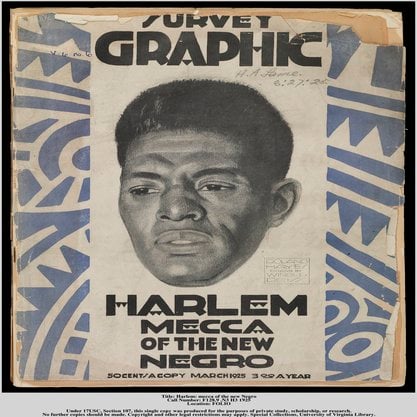Article
Pasolini, Pier Paolo (1922–1975) By Humphrey, Daniel
Article
Known in North America mainly as a provocative filmmaker, Pier Paolo Pasolini (March 6, 1922–November 2, 1975) is also celebrated in his native Italy as a significant poet, novelist, essayist, and public intellectual. Pasolini left a rich body of work that has grown in stature since his ignoble death at the hands of a hustler in 1975. Born in Bologna to lower-middle-class parents—a career military officer and an elementary school teacher—Pasolini’s biography is replete with scandal (charges of “obscene acts,” all-but-open homosexuality) and accomplishment (innumerable awards, including one from the Vatican itself). Noted early in his career for his poetry in dialect rather than standard Italian, Pasolini’s writing, or, really, his “discursive production,” is often more important for how things are said than for what is said. Particularly valuable is his theory of a “cinema of poetry,” developed both on paper and celluloid: cinema that stresses the “felt presence” of the director (for instance with hand-held camera work or clearly personal choices in framing).



